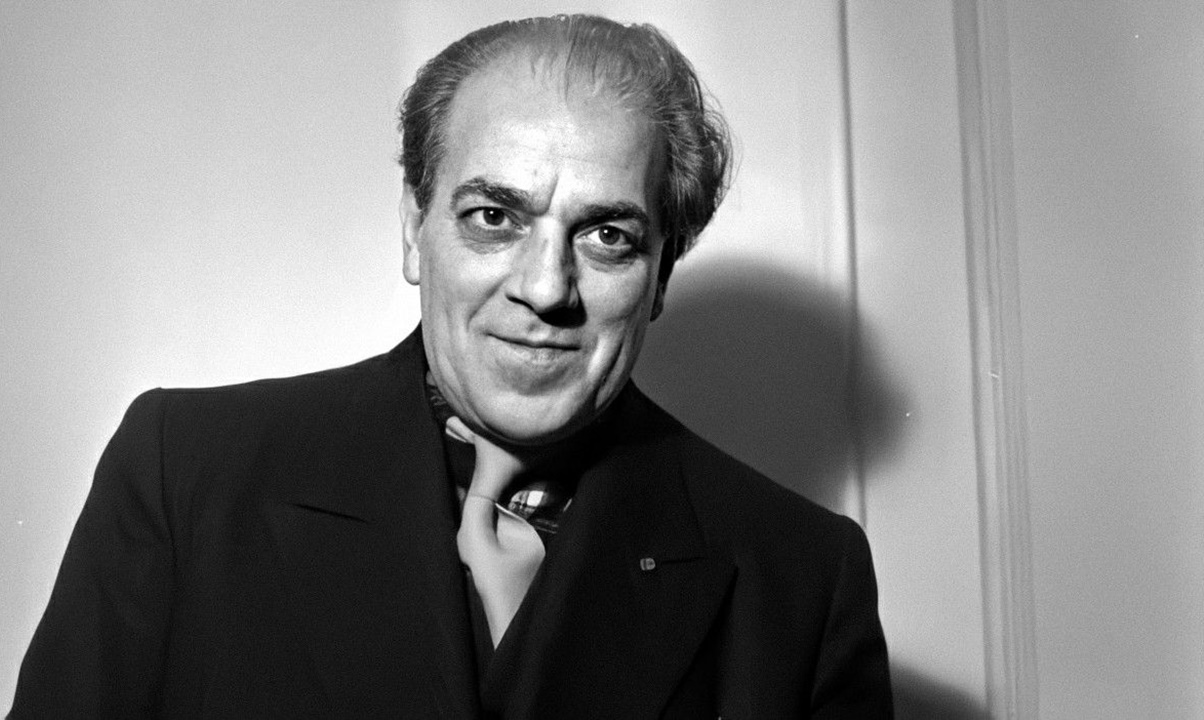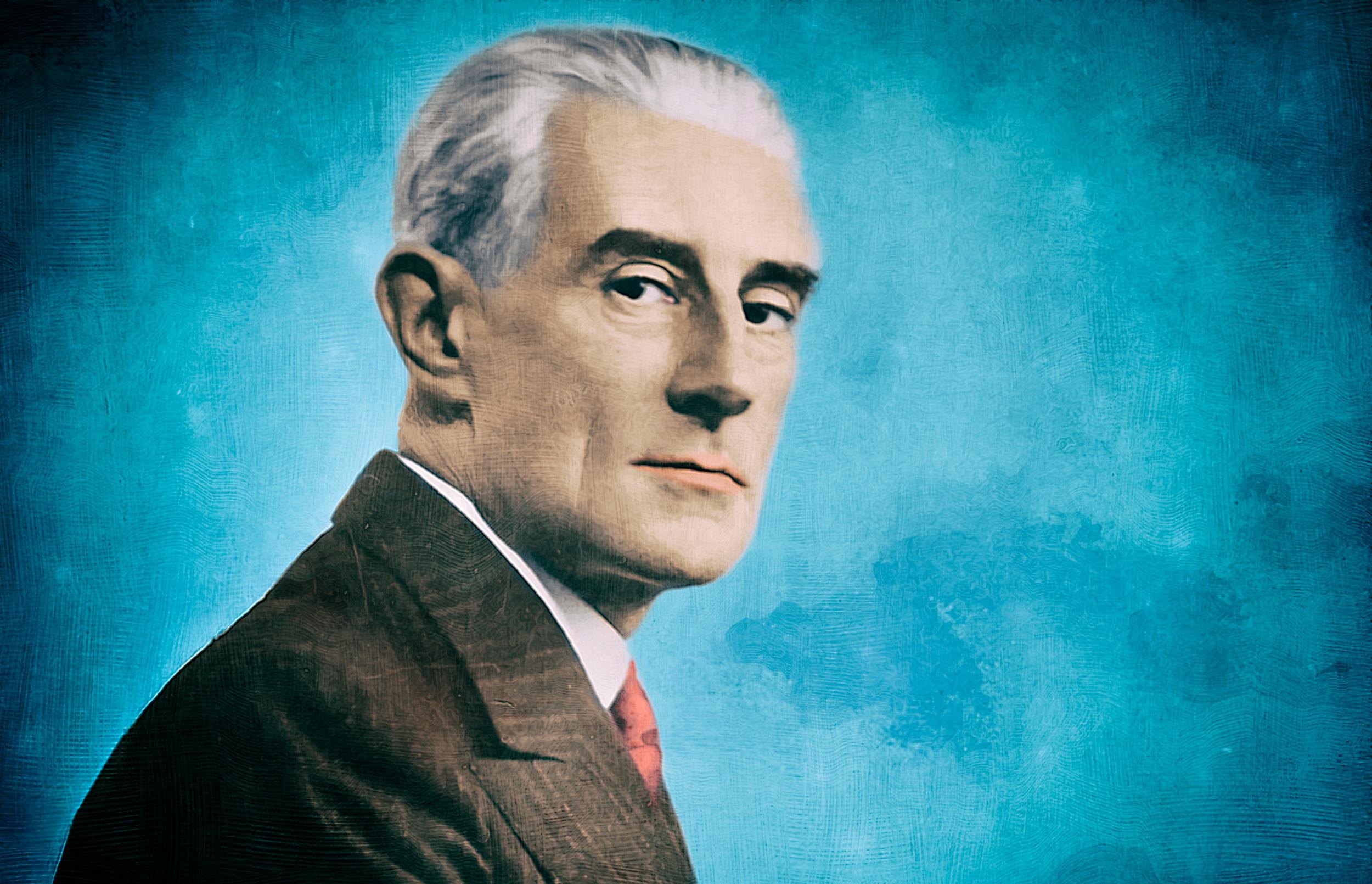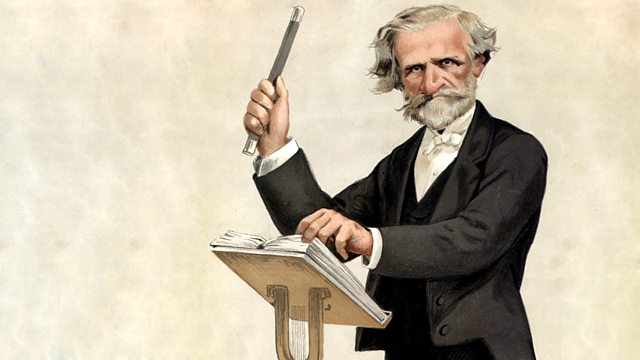
Life and History of Franz Liszt
Franz Liszt was one of the most influential and original composers of the 19th century. He was also a virtuoso pianist, a music teacher, a[…]

Life and History of Villa-Lobos
Heitor Villa-Lobos was one of the most influential and original composers of the 20th century. His music reflects his deep connection with the rich and[…]

Life and History of Ravel
Maurice Ravel was a French composer of Swiss-Basque descent, who lived from 1875 to 1937. He is often associated with Impressionism, although he rejected the[…]

Life and History of Verdi
Giuseppe Verdi was one of the most influential composers of the 19th century, whose operas are still widely performed and admired today. He was born[…]